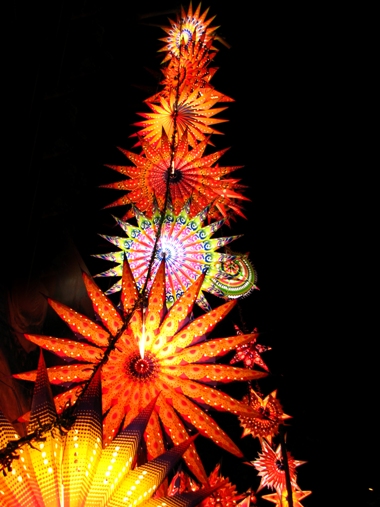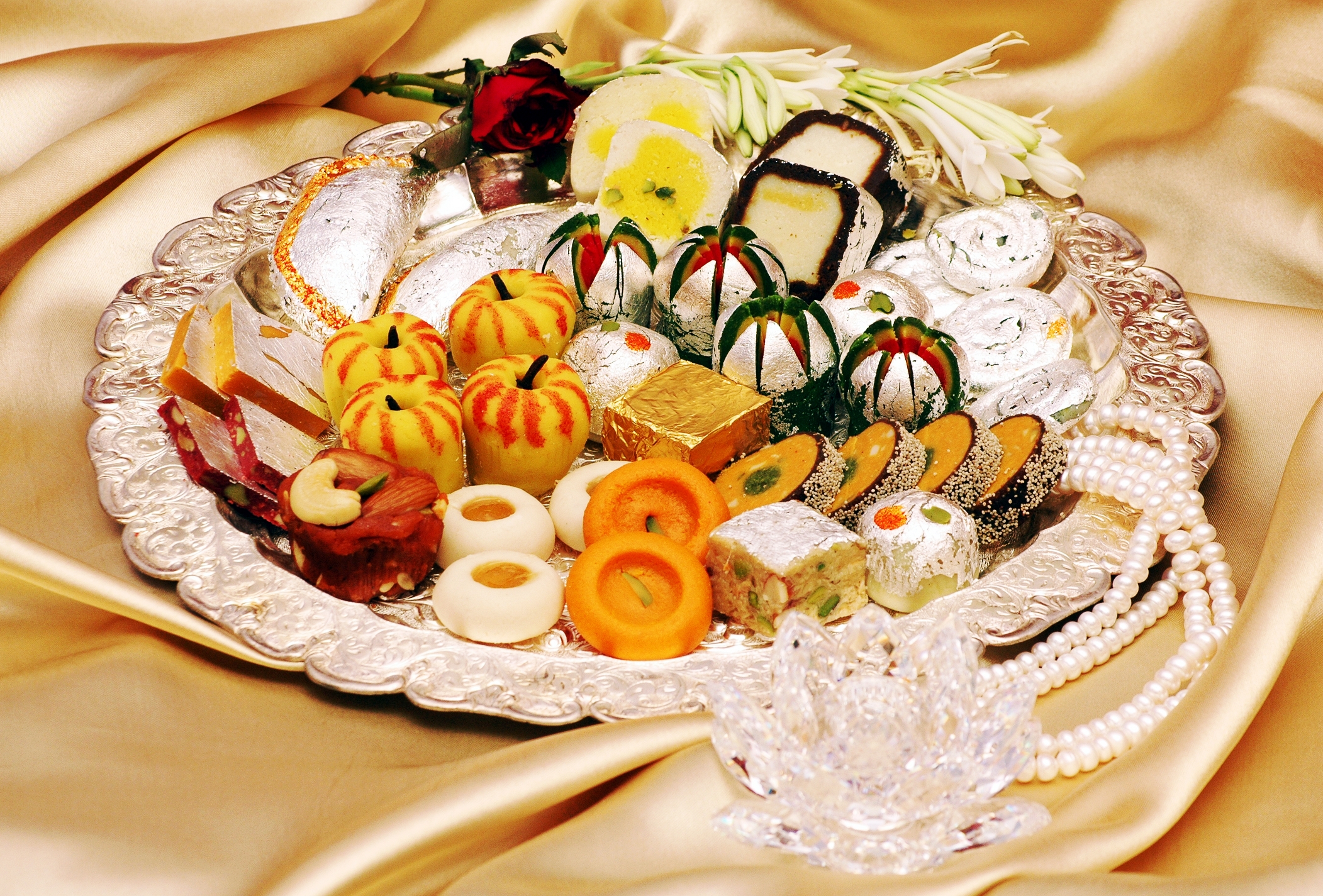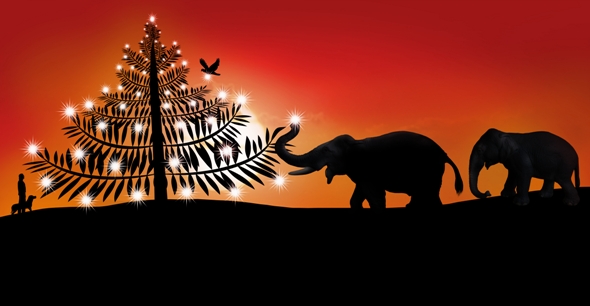Trees adorned with lights, candles and lamps in the window, strings of paper lanterns cut into intricate patterns – all around the world, Christmas is one of the many human holidays that celebrates the return of light to the world. For Christians this light is believed to be God’s light as witnessed in the birth of Jesus. In pre-Islamic Egypt, Osiris died and was reborn as an infant on December 21st, and in ancient Rome, the Emperor Aurelian combined the rebirth of the many god-men worshipped within his empire into a single holiday called the Birthday of the Unconquered Sun which fell on December 25th. The Jews have Hanukkah – the Festival of Lights – at more or less the same time of the year, and the Zoroastrians have Shab-e Yaldaa. * Underlying all of these more modern beliefs, however, are millennia-old pagan celebrations of the winter solstice as the rekindling of daylight that grows ever brighter until the summer sun-setting solstice half a year away.

Celebrations often begin on Christmas Eve and continue through the New Year. Families gather on Christmas Eve for processions through the streets to Churches decorated with the bold crimson foliage of Poinsettias in bloom for a Midnight Mass to begin the holiday season. People worship as choirs sing religious and secular traditional songs. In some parishes, fireworks are lit after services and people dance, feast and exchange presents well into the longest night of the year.
Other familiar traditions get a uniquely Indian twist on the subcontinent and Nativity scenes are displayed in Christian homes and banana and mango trees are decorated with lights and oil lamps are placed on roofs and walls to declare the return of the light as is also done for India’s Diwali festival. Most startling and magical are the strings of star-shaped paper lanterns that are hung from rooftop to rooftop and in front of Christian-owned shops and restaurants ostensibly to light the way of all men. Caroling takes place in Christian communities and in most urban melting-pots as crowds of people gather to walk through the streets and make a joyous noise to celebrate their faith.
Families prepare for weeks or sometimes months for the coming of Christmas and homes are cleaned, repaired and whitewashed. That ever-earlier harbinger of the Christmas season in the West – shopping – also takes place in India as people shop for new clothes to wear to festivities and buy presents for loved ones. For women and girls the holiday also includes preparing special foods – particularly desserts and cakes to share with holiday visitors and cooking can begin long in advance of the holiday. Students return home for the holidays and adults living away from their place of birth often return at this time to visit their parents.

Christmas Day itself is a national holiday in India and the day off from work and official duties often prompts people of other faiths to have large family dinners at this time as well. So, even if they make up a small portion of India’s population, Christians have freedom to worship and celebrate this season that is both known and in some secular ways shared by their brothers and sisters of other creeds.
Even if this Christmas season began in Mumbai with the violence of brother against brother, in a spirit of peace, let us all continue in tolerance and love for people of all faiths. Despite the lack of a moral compass by the men (and women) who may have carried out such hateful deeds, they are not representative of any creed or culture other than their own marginalized, misguided groups. Every faithful or thoughtful person – regardless of their religion or beliefs – should be appalled by the violence of the Mumbai bombings and should try to find a way in their own lives to take a small but conscious step to counter hate and let the light of the season shine just a bit brighter than it might have before their action. Christian or not, the solstice season is about the return of the sun and victory of light over darkness, and when we act in tolerance and in love we all become part of ensuring that victory. Merry Christmas India, Merry Christmas World.
(Words by Laura Kelley, Elephant Christmas Tree © Eti Swinford | Dreamstime.com”; Christmas Stars to Heaven © Nikhil Gangavane | Dreamstime.com; and Tray of Indian Sweets © Sunil Lal | Dreamstime.com)
*The Islamic festival of lights is Ramadan and Hindu India’s holiday is Diwali. Both fall according to a lunar calendar and are not associated with solstice celebrations.

